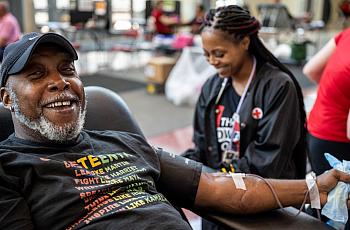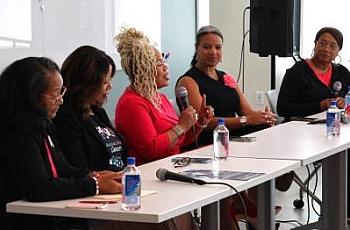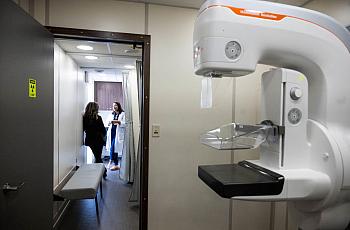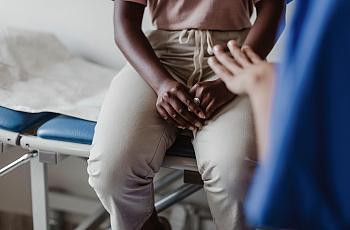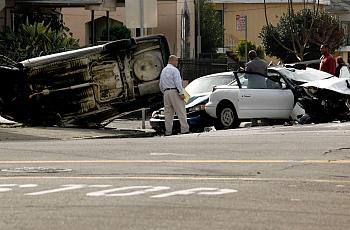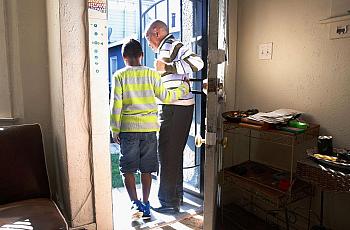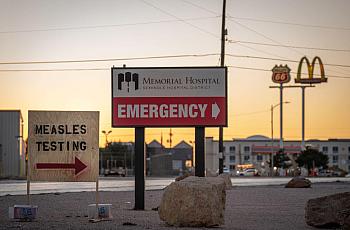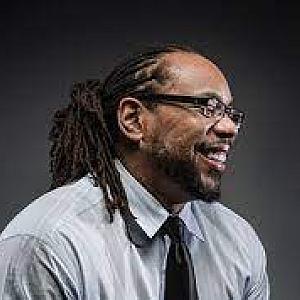
James E. Causey co-authors the Center for Health Journalism's Health Divide weekly column. He is an award-winning special projects reporter for the Milwaukee Journal Sentinel and a Senior Fellow for the Center for Health Journalism’s National Fellowship. He has spent more than 30 years as a professional journalist since becoming the first African-American high school intern at the Milwaukee Sentinel at age 15. He worked for the paper every summer through high school and worked as a night cops’ reporter while studying journalism at Marquette University, from which he earned his bachelor’s degree, followed by a master of business administration degree from Cardinal Stritch University. In 2008, he was a Nieman Fellow at Harvard University, where he studied the effects of hip-hop music on urban youth. On his return to the Milwaukee Journal Sentinel, he joined the editorial board as a columnist until October 2014, when he was promoted to engagement editor. He is an active member of the National Association of Black Journalists (NABJ), former president of the Wisconsin Black Media Association and a member of Phi Beta Sigma Inc. He was also named the 2013 Morse-Marshall alumni of the year and a Scripps Howard Award finalist in 2013. In 2018, he received an NABJ award for his work on the Milwaukee Journal Sentinel special project, “50-Year-Ache.” He was a 2018 Center for Health Journalism National Fellow and grantee of the Dennis A. Hunt Fund for Health Journalism. He received several national awards for his Fellowship project, “Cultivating a Community,” including a first place award from the Society of Features Journalism. He was a 2019-2020 Marquette O’Brien Fellow and has self-published two fiction books.


